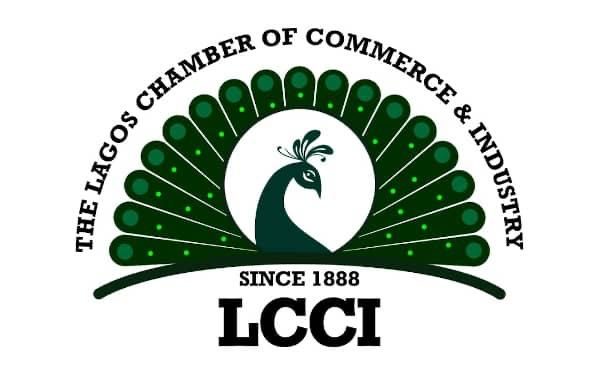The Lagos Chamber of Commerce and Industry (LCCI) has called for the complete deregulation of Nigeria’s downstream oil and gas sector, citing the need for a more conducive business environment and increased economic growth. LCCI’s push for full deregulation comes as part of broader efforts to address challenges hindering foreign direct investment and overall sector development.
Speaking at its Petroleum Group Symposium in Lagos, LCCI President Dr. Michael Olawale-Cole emphasized the importance of removing regulatory barriers and subsidies, which have been identified as deterrents to investments in the downstream sector. The chamber contends that full deregulation would foster competition, efficiency, and innovation, ultimately driving economic development.
Despite the recent enactment of the Petroleum Industry Act (PIA), which aimed to address some industry challenges, Olawale-Cole expressed concerns about the slow progress in achieving the desired levels of development in the downstream sector, particularly in domestic refining capacity.
The LCCI President highlighted that, for nearly 70 years since the discovery of crude oil in commercial quantities, the downstream sector has not realized its full potential. The call for full deregulation aligns with ongoing discussions on the need for comprehensive policy reforms to attract foreign investments, boost domestic refining capacity, and enhance the overall competitiveness of the Nigerian oil and gas industry.
Advocates of deregulation argue that it can lead to increased private sector participation, improved efficiency, and a more dynamic market, ultimately benefiting consumers and the economy as a whole. As the nation seeks ways to navigate economic challenges and promote sustainable growth, the LCCI’s call for full deregulation underscores the urgency of addressing structural issues within the downstream oil and gas sector. The outcome of such advocacy could play a crucial role in shaping the future trajectory of Nigeria’s energy landscape.















